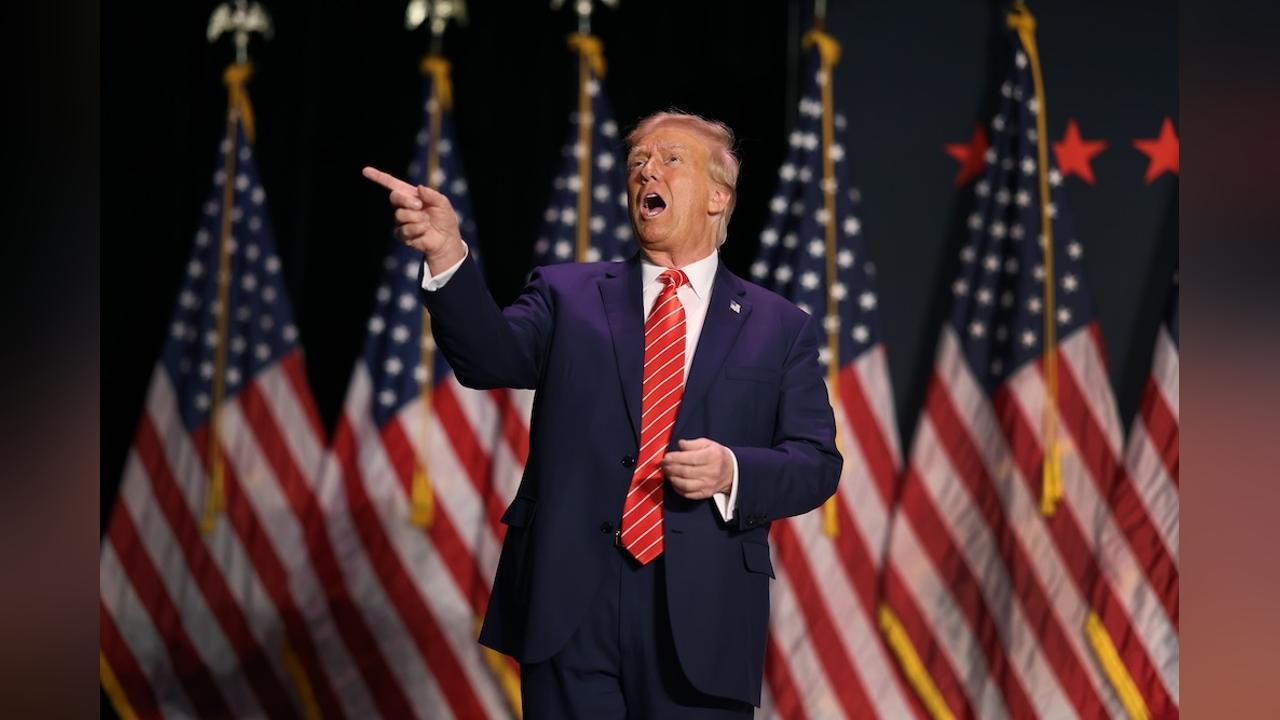Africa-Press – Angola. Many African nations are cautiously optimistic about what America’s next Donald J. Trump administration might bring to the continent.
American presidents historically have not prioritised US-Africa relations, focusing on regions they perceive as strategically vital. But given Africa‘s growing global importance, the new administration led by Donald Trump cannot afford to overlook the continent.
Today, African leaders have a wider range of options for alliances and are fully aware of the leverage this provides. While some narratives suggest the US is losing ground in Africa to the influence of Russia and China, it is essential to recognise that past presidents have shown only limited, inconsistent interest in investing in African nations.
The insistence on a rules-based international order, human rights conditions and governance reforms are often perceived by African leaders as restrictive if not patronising. In contrast, China’s business-focused approach prioritises immediate economic gains without imposing preconditions – an approach that often resonates more with African leaders focused on tangible results.
Russia filling the void
Meanwhile, Russia has strategically filled the void left by the West, offering direct military support through initiatives like the Africa Corps (formerly the Wagner Group). Russia aids countries such as Mali and the Central African Republic in their battles against insurgencies and violent extremist groups, positioning itself as a reliable ally for African nations struggling with security challenges.
Ignoring Africa’s potential would be a significant missed opportunity for the next administration
This assistance is particularly timely, as the US and its allies continue to prioritise strategic interests in Europe and the Middle East. Consequently, alternative partnerships with China and Russia appeal to African leaders who seek growth and stability on terms that align more closely with their immediate national interests.
This selective US focus on regions outside Africa underscores an apparent preference for allies elsewhere, leaving African nations to navigate serious security and economic challenges with minimal Western support. By contrast, the partnerships offered by China and Russia provide an appealing alternative, allowing African leaders to address urgent development and security needs without the stringent conditions Western aid often entails.
Beyond geopolitical competition, Africa’s growing demographic and economic significance demands serious attention from the next administration. By 2050, Africa’s population is projected to reach 2.5 billion, representing a quarter of the world’s population and adding over 790 million people to the global workforce.This explosive growth, coupled with Africa’s control of 30% of the world’s critical mineral reserves, grants the continent undeniable leverage in global trade. These resources are essential for technologies such as cellphones, computers, hybrid vehicles and defence systems.
With nine of the world’s top 20 fastest-growing economies located in Africa, the continent’s economic trajectory underscores its importance both economically and geopolitically. Given these factors, ignoring Africa’s potential would be a significant missed opportunity for the new US administration.
Balance geopolitical goals with local expectations
To remain competitive, the next administration must leverage tools like the African Growth and Opportunity Act (AGOA), which has served as a vital link between US assistance and bilateral trade for many African countries. However, AGOA is set to expire on 30 September 2025.
If the next administration wants to reengage with Africa meaningfully, it must do so with a clear understanding of the continent’s aspirations and unique challenges
Many African leaders believe AGOA should not only be extended but also restructured to better promote Africa’s manufacturing capabilities, allowing more finished products from Africa to enter American markets.
For instance, targeting industries with longer value chains, such as textiles, could create substantial economic opportunities, particularly for women involved in these sectors. AGOA aligns well with the African Continental Free Trade Area (AfCFTA), as it would grant African nations collective access to the US market and signal the next administration’s commitment to supporting African development.
In light of these considerations, the US administration’s engagement with Africa must balance its geopolitical goals with local expectations and carefully navigate the challenges posed by competitors. If the next administration wants to reengage with Africa meaningfully, it must do so with a clear understanding of the continent’s aspirations and unique challenges.
Imposing high standards for governance and human rights without acknowledging historical contexts and local realities hinders the potential for genuine partnerships. The next administration must recognise that many African nations seek authentic partnerships that respect their autonomy and allow them to pursue their development paths, rather than merely being drawn into a competition between global powers.
The Africa Report
For More News And Analysis About Angola Follow Africa-Press






